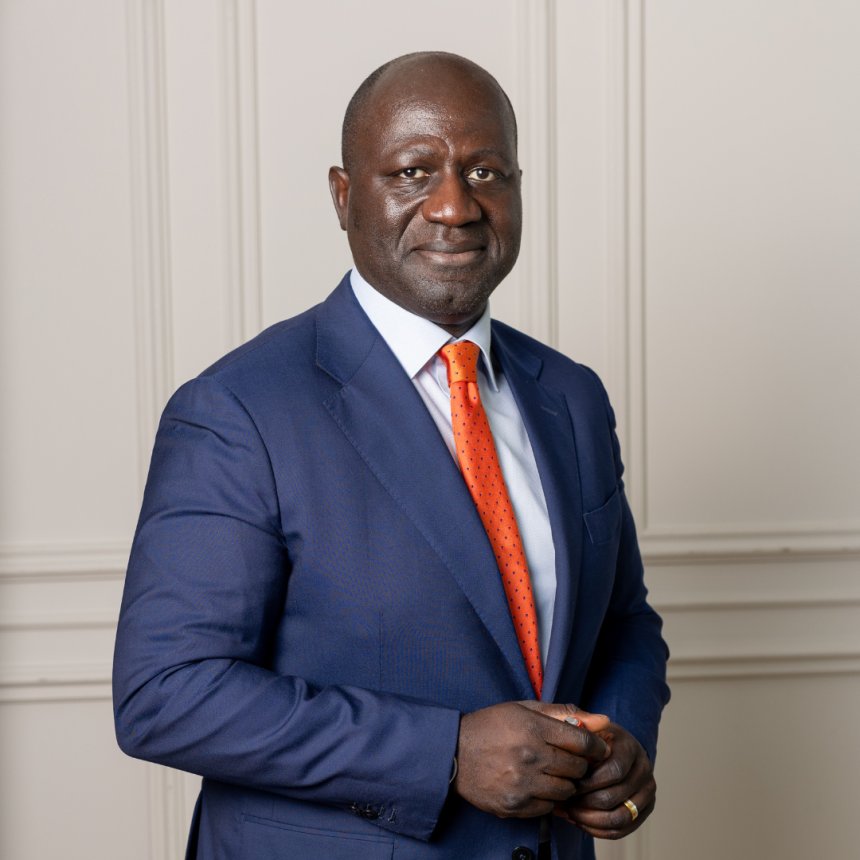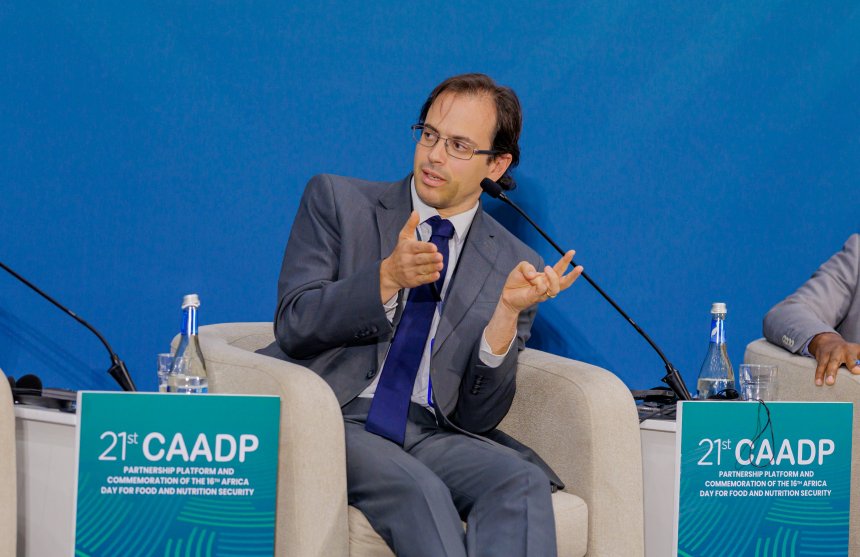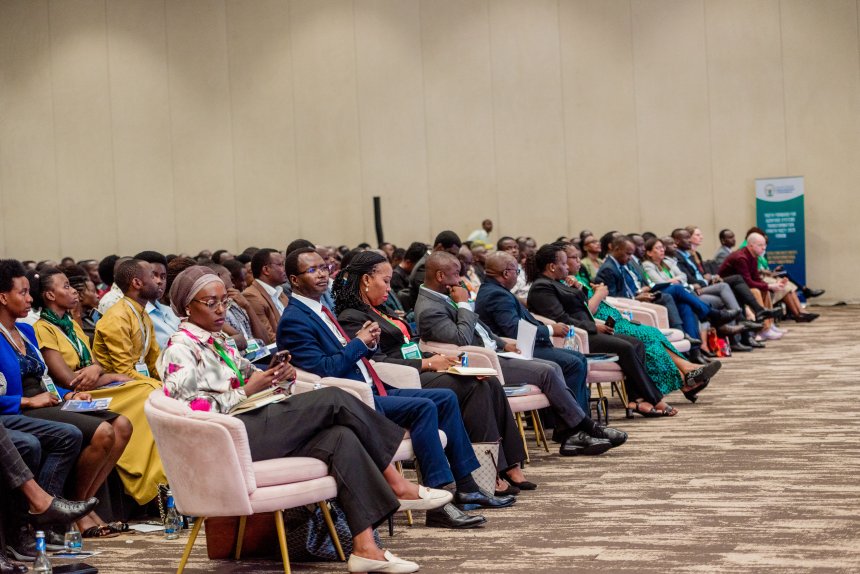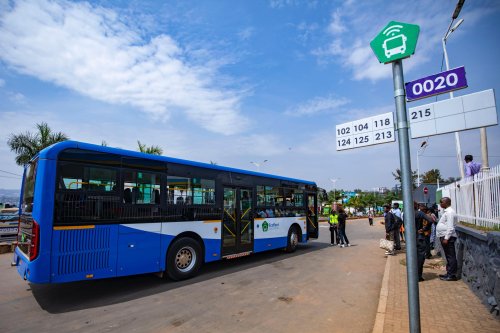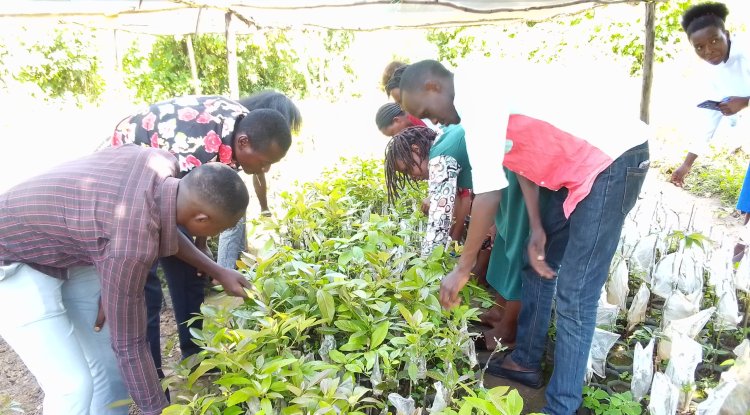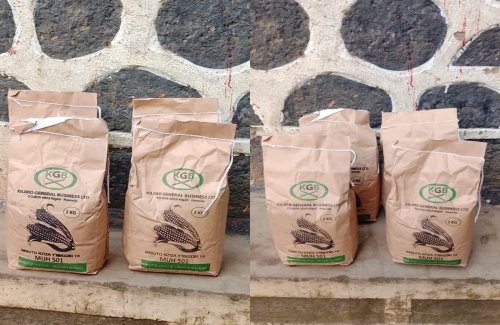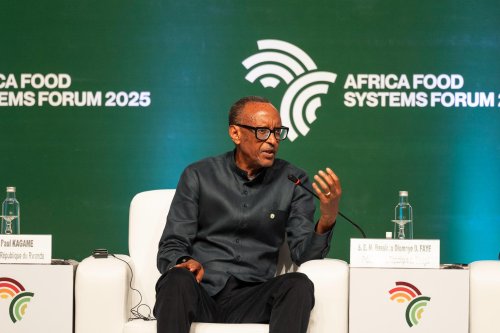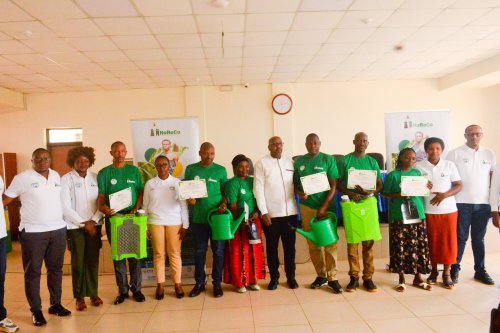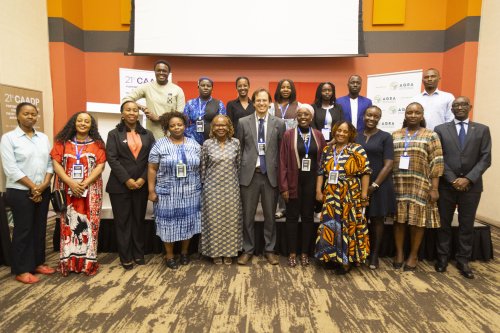AGRA at the Heart of Rwanda’s Agricultural Transformation: A Vision 2050 Perspective
As Rwanda charts its path toward Vision 2050, agriculture is emerging as a powerful engine for economic growth, food security, and poverty reduction. In a recent televised discussion, sector leaders and AGRA-supported agripreneurs showcased how homegrown innovations, improved seed systems, and strategic partnerships are driving the transformation of Rwanda’s agricultural landscape, laying the groundwork for a more resilient and self-reliant future.
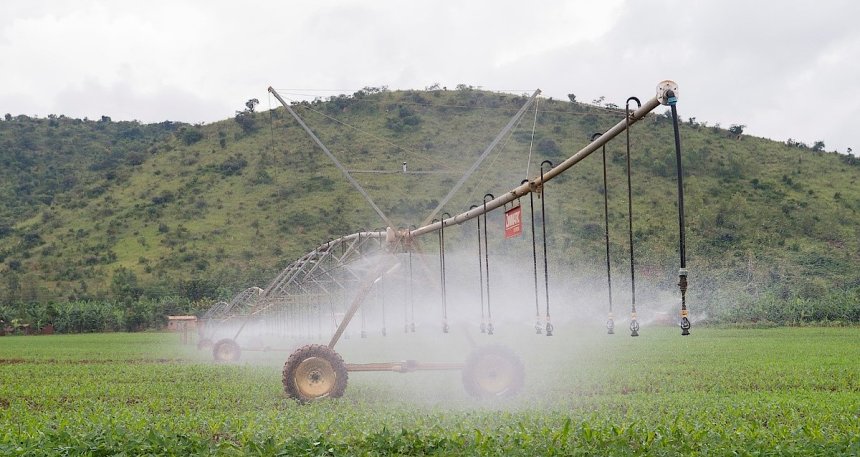
In a special episode of the Imboni TV show on Rwanda Television, key stakeholders in Rwanda’s agricultural sector convened to unpack how agriculture can be a powerful driver of poverty reduction and food security, aligning with Rwanda’s Vision 2050 and the National Strategy for Transformation (NST2). The episode featured Emma Uwera, CEO of I&J Seed Company; Francois Nsengiyumva, CEO of KILIMO GENERAL BUSINESS Ltd; and a Chief Technical Advisor from the Ministry of Agriculture. All panelists emphasized that agriculture is not only the backbone of Rwanda’s economy but also the engine of its future development.
As Rwanda braces for a population boom projected to hit 22 million by 2050, up from about 13 million today, food security is at the center of national priorities. Agriculture currently contributes 25% to Rwanda’s GDP, with 64% of the population engaged in the sector. Encouragingly, 83% of Rwandans are now considered food secure. Both Uwera and Nsengiyumva, proud grantees of the Alliance for a Green Revolution in Africa (AGRA), shared how AGRA's support has been pivotal in transforming Rwanda's seed systems and boosting productivity.
“Before AGRA's intervention, we relied heavily on imported seed varieties and low-yield practices. Today, with improved seed systems, some crops have seen yields double or even quadruple,” said Emma Uwera. “We are not only feeding our communities better but also creating jobs along the value chain.”
Francois Nsengiyumva echoed this, noting that technological innovation and partnerships have allowed Rwanda to make great strides.
“Mechanization, irrigation, and the development of agro-markets are game-changers. We are proving that even in a country with limited arable land, we can produce more with less thanks to AGRA and strong government support,” he stated.
The Chief Technical Advisor from the Ministry emphasized the importance of resilience and self-reliance in the agricultural sector, particularly during difficult times like the COVID-19 pandemic or climate shocks.
“Agriculture has always been the safety net. Our investment in local seed companies, extension services, and irrigation is about building that self-reliance,” he said.
Looking toward 2050, the panelists highlighted the urgent need to adapt food systems to meet urban demands, given that 70% of the population will reside in cities.
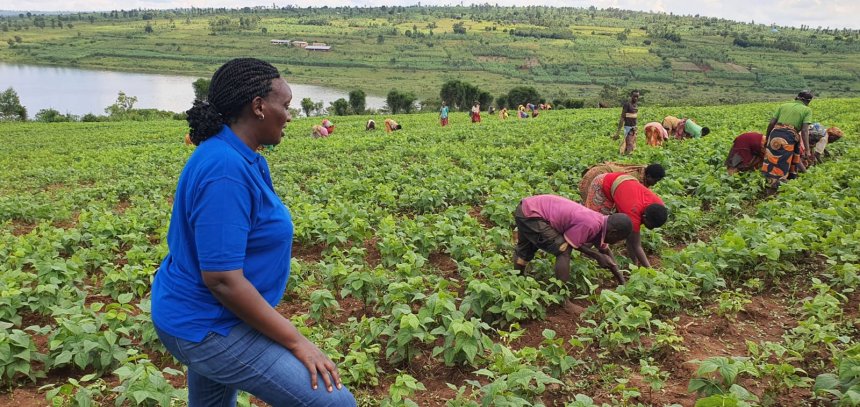
To achieve this, several solutions were proposed: promote urban and peri-urban agriculture, strengthen cold chain logistics and post-harvest handling, support youth-led agribusiness startups that can link rural producers to urban consumers, foster multi-sectoral collaboration, particularly between private agripreneurs, government, and research institutions.
In a nutshell, the episode underscored AGRA's vital role in building a sustainable agricultural ecosystem in Rwanda. By empowering local actors, strengthening seed systems, and investing in technology, Rwanda is positioning itself to not only achieve food security but also become a model of agricultural transformation on the continent.
“This is not just about agriculture,” said Uwera. “It’s about dignity, independence, and prosperity for generations to come.”
